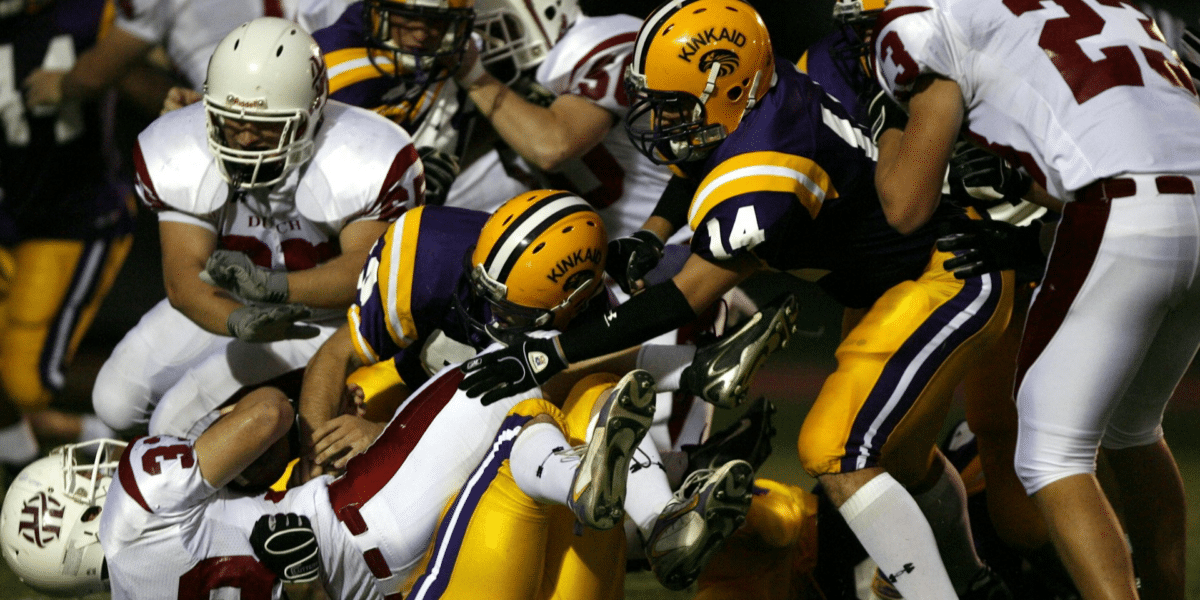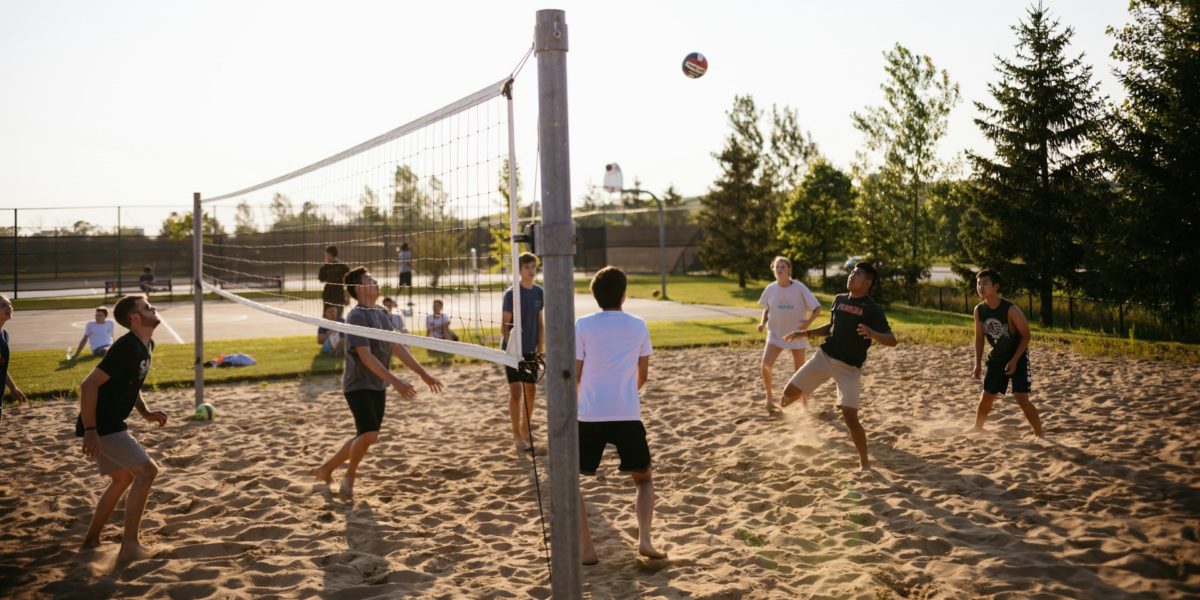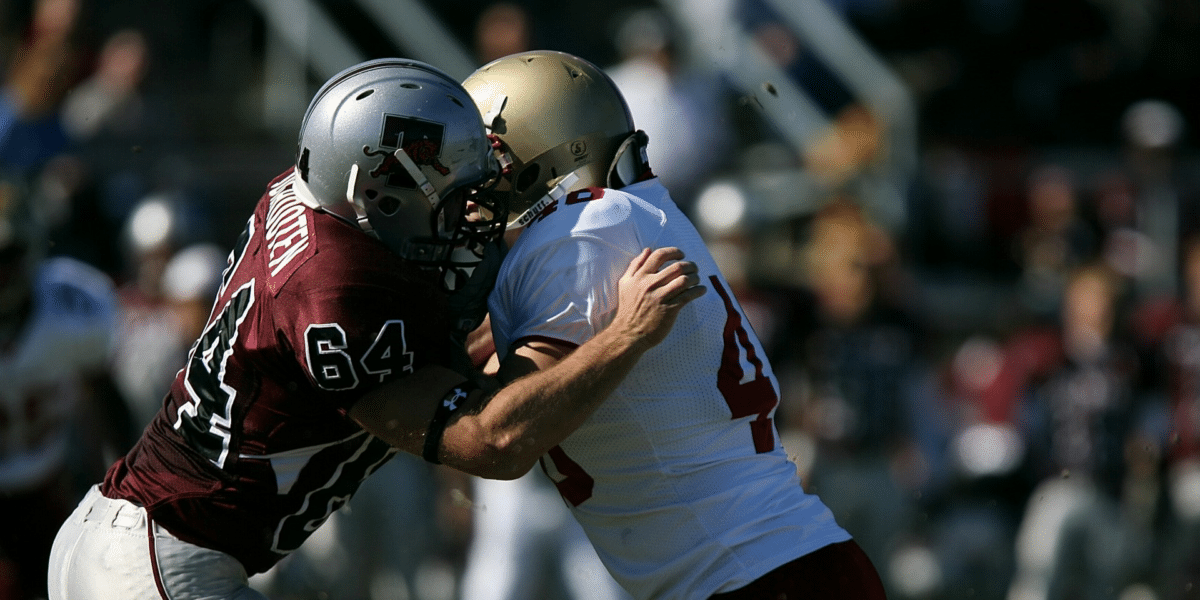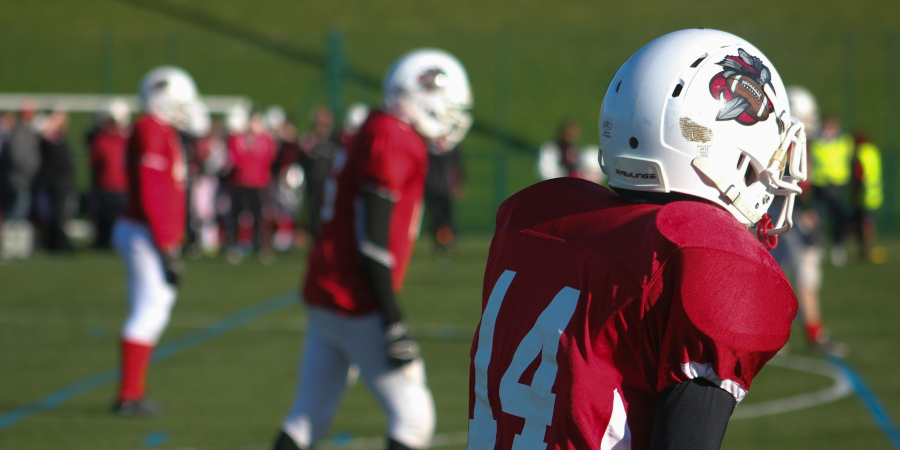Exploring the Growing Popularity of Races in Nevada: An Exciting Trend for Fitness Enthusiasts
Nevada, known for its vibrant entertainment scene and stunning natural landscapes, has emerged as a popular destination for races of all kinds, from marathons and triathlons to obstacle courses and fun runs. With its diverse terrain and favorable climate, Nevada offers the perfect backdrop for athletes and fitness enthusiasts to test their limits and achieve their goals. In this article, we’ll take a closer look at the growing popularity of races in Nevada and why they have become a favorite pastime for locals and visitors alike.
The Appeal of Nevada’s Scenic Landscapes
One of the primary reasons for the growing popularity of races in Nevada is the state’s breathtaking scenic landscapes, which provide a stunning backdrop for outdoor events. From the iconic Las Vegas Strip and the majestic Red Rock Canyon to the serene shores of Lake Tahoe and the rugged terrain of the Mojave Desert, Nevada offers a diverse array of natural settings that appeal to runners, cyclists, and outdoor enthusiasts of all ages and skill levels.
Ideal Climate for Outdoor Activities
Nevada’s favorable climate makes it an ideal destination for outdoor activities year-round. With over 300 days of sunshine annually and relatively mild winters, Nevada provides perfect conditions for training and participating in races, even during the colder months. Whether it’s a sunrise run along the Las Vegas Strip or a mountain bike race through the scenic trails of Tahoe National Forest, Nevada’s temperate climate ensures that athletes can enjoy their favorite outdoor pursuits in comfort and safety.
Variety of Race Options for Every Skill Level
Nevada offers a wide variety of race options to suit every skill level and interest, ranging from beginner-friendly fun runs to challenging ultramarathons and endurance events. Whether you’re a seasoned athlete looking to set a new personal record or a novice seeking a fun and rewarding fitness challenge, Nevada has something for everyone. Popular race categories in Nevada include marathons, half marathons, 10Ks, 5Ks, triathlons, mud runs, obstacle courses, charity races, and themed fun runs like color runs and glow runs.
Supportive and Vibrant Race Community
Nevada’s vibrant race community is another key factor driving the popularity of races in the state. From local running clubs and cycling groups to race organizers and event volunteers, Nevada’s race community is known for its inclusivity, camaraderie, and supportiveness. Whether you’re a seasoned athlete or a first-time participant, you’ll find plenty of encouragement and motivation from fellow racers and spectators alike, making every race experience memorable and rewarding.
Boost to Local Economy and Tourism
In addition to promoting health and fitness, races in Nevada also provide a significant boost to the local economy and tourism industry. Race participants and their families often travel from out of town to participate in races, bringing additional revenue to hotels, restaurants, shops, and other businesses in the area. In cities like Las Vegas and Reno, major races and events can attract thousands of participants and spectators, generating millions of dollars in economic impact and showcasing Nevada as a premier destination for sports tourism.
Community Engagement and Philanthropy
Many races in Nevada also have a strong emphasis on community engagement and philanthropy, supporting local charities, nonprofits, and causes through fundraising efforts and awareness campaigns. Race organizers often partner with charitable organizations to raise funds and awareness for important causes such as cancer research, childhood education, environmental conservation, and community development. By participating in races, athletes have the opportunity to give back to the community and make a positive impact on the lives of others, further enhancing the appeal of racing in Nevada.
Races in Nevada Touted for Growth
In conclusion, the growing popularity of races in Nevada reflects the state’s unique combination of scenic beauty, favorable climate, diverse race options, supportive community, economic impact, and philanthropic spirit. Whether you’re a seasoned athlete seeking a new challenge or a recreational runner looking for a fun and rewarding fitness activity, Nevada offers something for everyone. With its stunning landscapes, vibrant race community, and commitment to health, wellness, and community engagement, Nevada has established itself as a premier destination for races of all kinds, attracting athletes and fitness enthusiasts from around the world.











